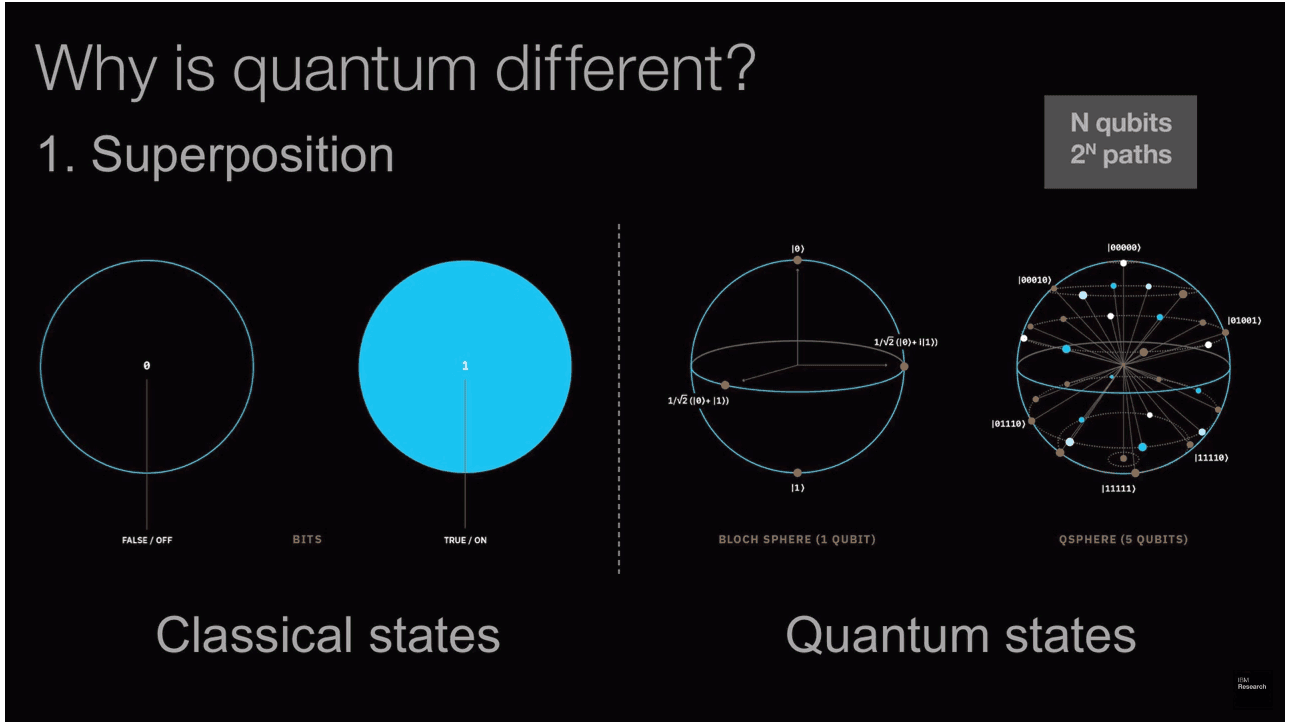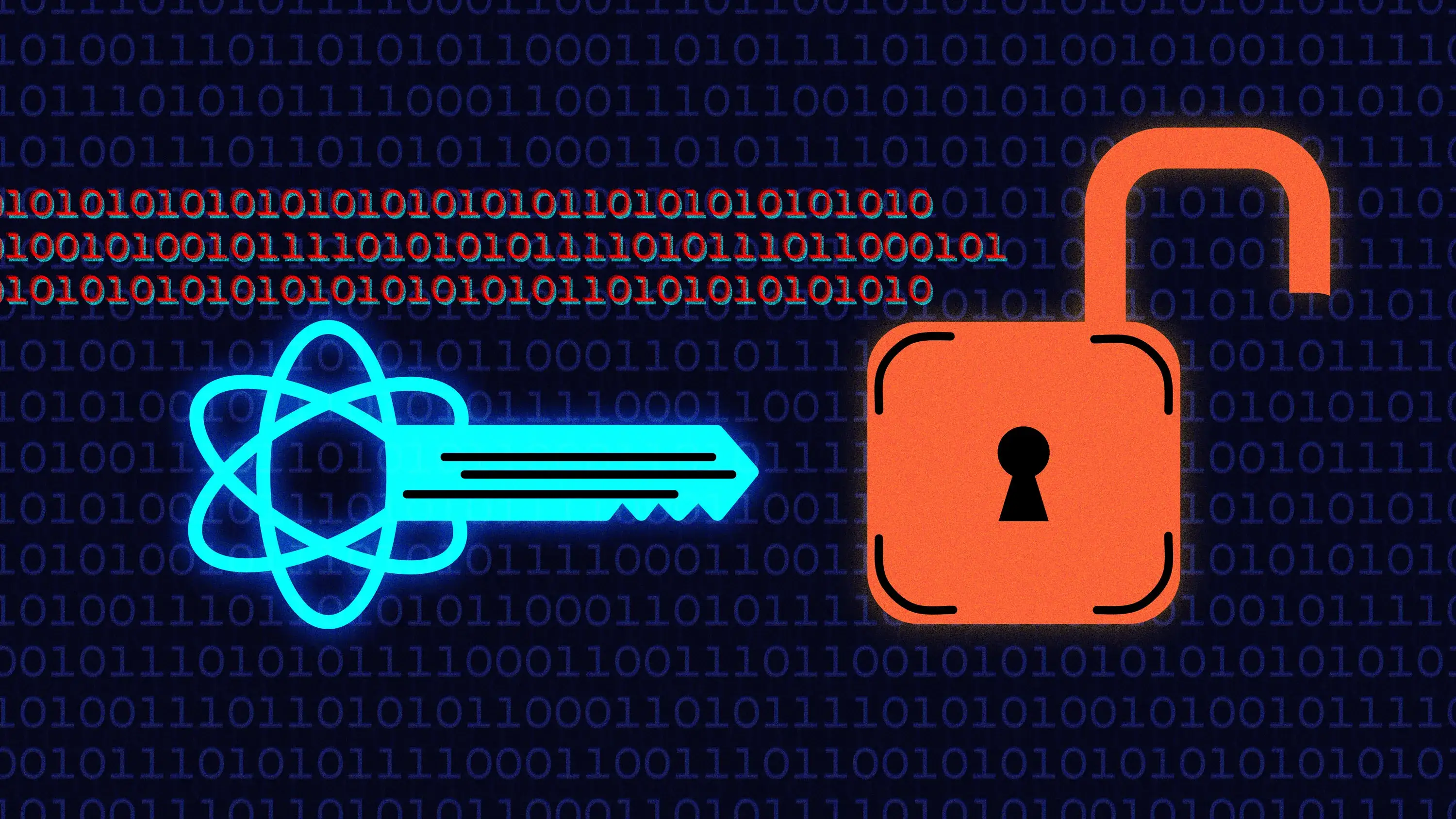How Quantum Computing is Revolutionizing Software Development: Future Trends and Challenges
Introduction
The advent of quantum computing is set to usher in a new era of technological advancements that could transform multiple fields, including software development. Traditional computers, bound by classical physics, are reaching their limits in terms of processing power and speed. Quantum computers, however, leverage the principles of quantum mechanics, which allow them to perform calculations at unprecedented speeds and solve problems that were previously considered insurmountable. As this technology continues to evolve, software developers are increasingly contemplating its implications for programming and system design. But what exactly is quantum computing, and how might it impact the future of software development?

Understanding Quantum Computing
Quantum computing differs fundamentally from classical computing. While classical computers use bits as their basic unit of information, represented as either 0 or 1, quantum computers use qubits. Qubits can exist in a state of 0, 1, or both simultaneously, thanks to a quantum phenomenon called superposition. This allows quantum computers to process a vast number of possibilities at once, making them potentially millions of times more powerful than the fastest classical supercomputers.
Another critical concept in quantum computing is entanglement. When two qubits become entangled, the state of one qubit is directly related to the state of the other, regardless of the distance between them. This enables quantum computers to perform complex calculations at an exponential speed compared to classical computers, which would need to calculate each possibility sequentially.
As a result, quantum computing has the potential to revolutionize fields that require massive computational power, such as cryptography, materials science, and artificial intelligence. For software developers, this means rethinking current algorithms and possibly inventing entirely new programming paradigms.
Impact of Quantum Computing on Software Development
Quantum Algorithms and Problem Solving
Quantum computing introduces the need for quantum algorithms, which differ significantly from classical ones. These algorithms are designed to leverage the properties of quantum mechanics to solve complex problems more efficiently. For example, Shor’s algorithm can factor large numbers exponentially faster than the best-known classical algorithms, posing a significant threat to traditional encryption methods.
Software developers need to familiarize themselves with quantum algorithms like Grover’s search algorithm, which provides a quadratic speedup for unstructured search problems. By mastering these algorithms, developers can unlock new capabilities for optimizing computations, solving linear equations, and simulating quantum systems.
Quantum-Resistant Encryption
One of the most talked-about impacts of quantum computing on software development is its effect on cybersecurity. Current encryption schemes like RSA rely on the difficulty of factoring large numbers. With quantum computing, breaking these codes becomes feasible in a fraction of the time, making current encryption methods obsolete.
This has led to the development of quantum-resistant encryption algorithms, also known as post-quantum cryptography. These algorithms are designed to be secure against both classical and quantum attacks. As quantum computing matures, software developers will need to integrate these new encryption methods into their applications to ensure data security.
Advancements in Artificial Intelligence and Machine Learning
Quantum computing holds promise for accelerating machine learning and artificial intelligence. By handling vast amounts of data and performing parallel computations, quantum computers can significantly reduce the time required to train complex models. This would enable the creation of more sophisticated AI systems capable of tasks previously thought impossible.

Advantages and Challenges of Quantum Computing in Software Development
Advantages:
-
Unparalleled Speed and Efficiency: Quantum computers can perform multiple calculations simultaneously, leading to exponential speedups in solving complex problems.
-
Enhanced Problem-Solving Capabilities: Quantum computers can tackle problems that are computationally infeasible for classical computers, such as optimizing large systems or simulating molecules for drug discovery.
-
New Horizons for Innovation: The potential of quantum computing opens up new areas of research and development, fostering innovation in software engineering and beyond.
Challenges:
-
Hardware Limitations: Quantum computers are still in their infancy, with fragile qubits that are highly susceptible to environmental noise and errors. Building scalable, error-corrected quantum computers remains a significant technical challenge.
-
Complexity in Programming: Quantum programming is fundamentally different from classical programming, requiring new languages, frameworks, and developer expertise. This steep learning curve could slow down the adoption of quantum computing in software development.
-
Security Concerns: The threat of breaking classical encryption poses a serious challenge to data security and privacy. Developers must prioritize integrating quantum-resistant encryption methods to future-proof their software.
Practical Applications and How Developers Can Prepare
As quantum computing becomes more accessible, software developers can start preparing by exploring quantum programming languages like Q# and frameworks like IBM’s Qiskit or Google’s Cirq. Gaining hands-on experience with these tools will help developers understand quantum principles and experiment with quantum algorithms.
Additionally, staying updated on developments in post-quantum cryptography is essential. Implementing hybrid encryption models that combine classical and quantum-resistant methods can offer a transitional solution while the field continues to mature.
For AI and machine learning enthusiasts, investigating how quantum computing can optimize data processing and model training is a valuable pursuit. As quantum hardware improves, the potential for accelerating these fields will become a reality.
Conclusion
Quantum computing stands at the forefront of technological innovation, with the potential to redefine software development. From creating new algorithms to pioneering advancements in cybersecurity and artificial intelligence, the possibilities are immense. However, the road ahead is filled with challenges, from hardware limitations to the need for specialized skills and tools. For developers willing to embrace this new frontier, the rewards could be groundbreaking. By staying informed and continuously adapting, the software development community can harness the power of quantum computing to solve complex problems and shape the future of technology.
By preparing now, developers can become leaders in this transformative field, ensuring their readiness for the quantum revolution that’s poised to reshape our digital world.